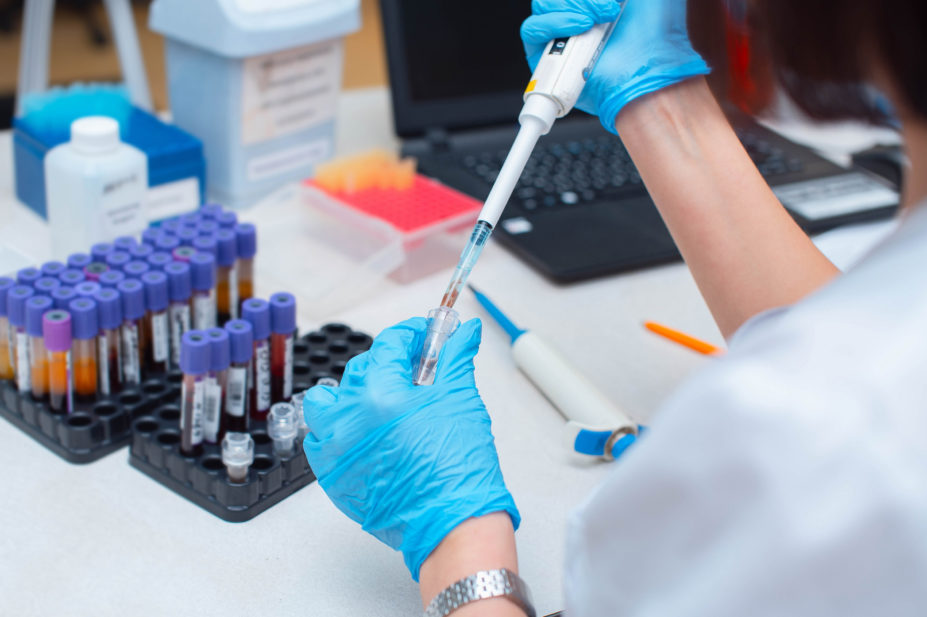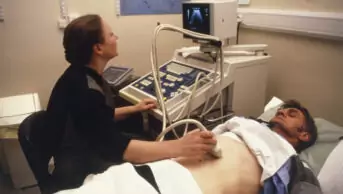
Shutterstock.com
A study backed by more than £100m of government funding is to sequence the genomes of 100,000 newborn babies to screen for around 200 rare conditions.
Genomics England will start recruiting for the Newborn Genomes Programme at the end of 2022 to assess whether whole genome sequencing of babies should become part of routine care.
A series of working groups have begun considering which conditions should be included, the consent processes, ethical considerations, and how the sequencing could fit with standard NHS midwife appointments.
Announcing the study on 13 December 2022, Genomics England and NHS England said that while a final list of conditions was still being created, examples that were likely to be screened for include rare genetic thyroid hormone conditions, metabolic disorders and immune deficiencies.
At a press conference to launch the study, held on 13 December 2022, Rich Scott, chief medical officer at Genomics England and consultant in clinical genetics at Great Ormond Street Hospital, said that the study would only include rare diseases that were known about, actionable and that develop in children before the age of five years.
This would prevent the “diagnostic odyssey” that so many of the families he sees in clinic have, he said.
Scott gave one example of a girl, aged 10 years, who had been admitted to intensive care with life-threatening chicken pox, after 307 hospital visits in seven years.
As part of the 100,000 Genomes Project, a government project which looked at genomic information in individuals with symptoms of rare diseases, she was found to have CTPS1 deficiency and underwent a curative bone marrow transplant.
Scott said: “Our goal in the Newborn Genomes Programme is to do more for the thousands of children born every year in the UK with a treatable genetic condition.
“We want to be able to offer speedy diagnosis, quicker access to treatment, and better outcomes and quality of life.
“Generating this evidence will allow policymakers to make well informed decisions on whether and how whole genome sequencing could be rolled out as part of a future newborn screening programme.”
The research will be in addition to newborn blood spot screening, also known as the heel prick test, which is already done in babies to screen for nine conditions, including cystic fibrosis.
While only a small proportion of infants will have one of the 200 rare conditions the programme will test for, the full genome sequences of participants, and their health information, will be added to a secure research library to allow researchers from universities and life sciences companies to find new genetic variants and treatments.
As part of the programme, work will also be done on considering how a genome might be used throughout a person’s life to make healthcare decisions.
A public consultation, carried out by Genomics England in 2021, found overall support for the use of genomics in newborn screening, providing the right safeguards are in place.
The UK National Screening Committee, which advises all four UK governments and the NHS across the UK on screening programmes, will make a decision on wider roll out on the basis of evidence from the research project.
The funding announcement for the study came as part of a £175m package, which included £26m of funding to evaluate new sequencing technology for faster, more accurate cancer diagnosis, and £22m to expand engagement with genomics research across diverse communities.
Sarah-Jane Marsh, chair of the Newborn Genomes Programme, said: “We do not yet have all the answers as to how genomics can benefit babies as they start their lives, but through establishing its research study, the Newborn Genomes Programme will set firm foundations on which to discover the ways genomics can support babies with a rare genetic disease, and treat them before they get sick.”


